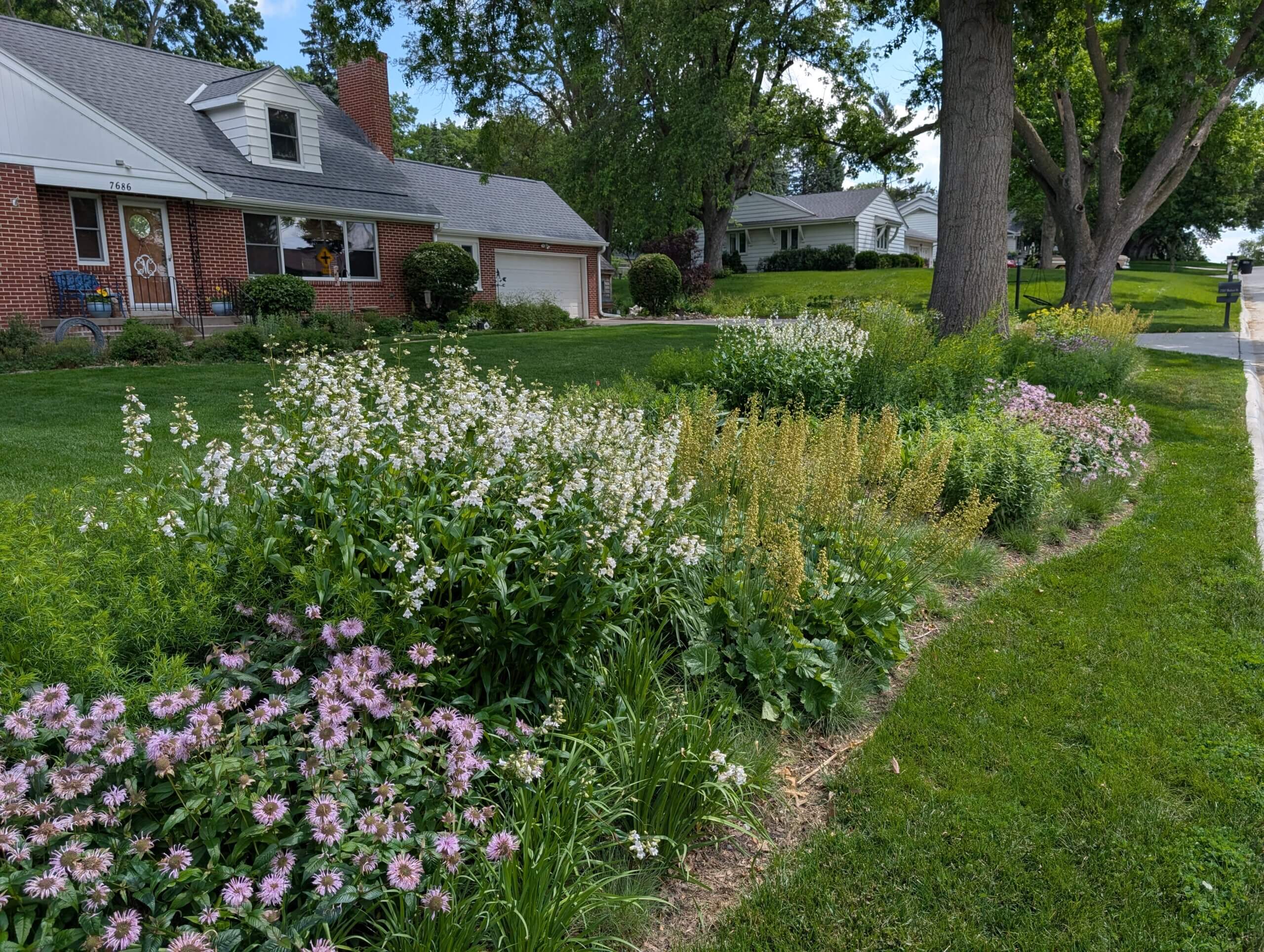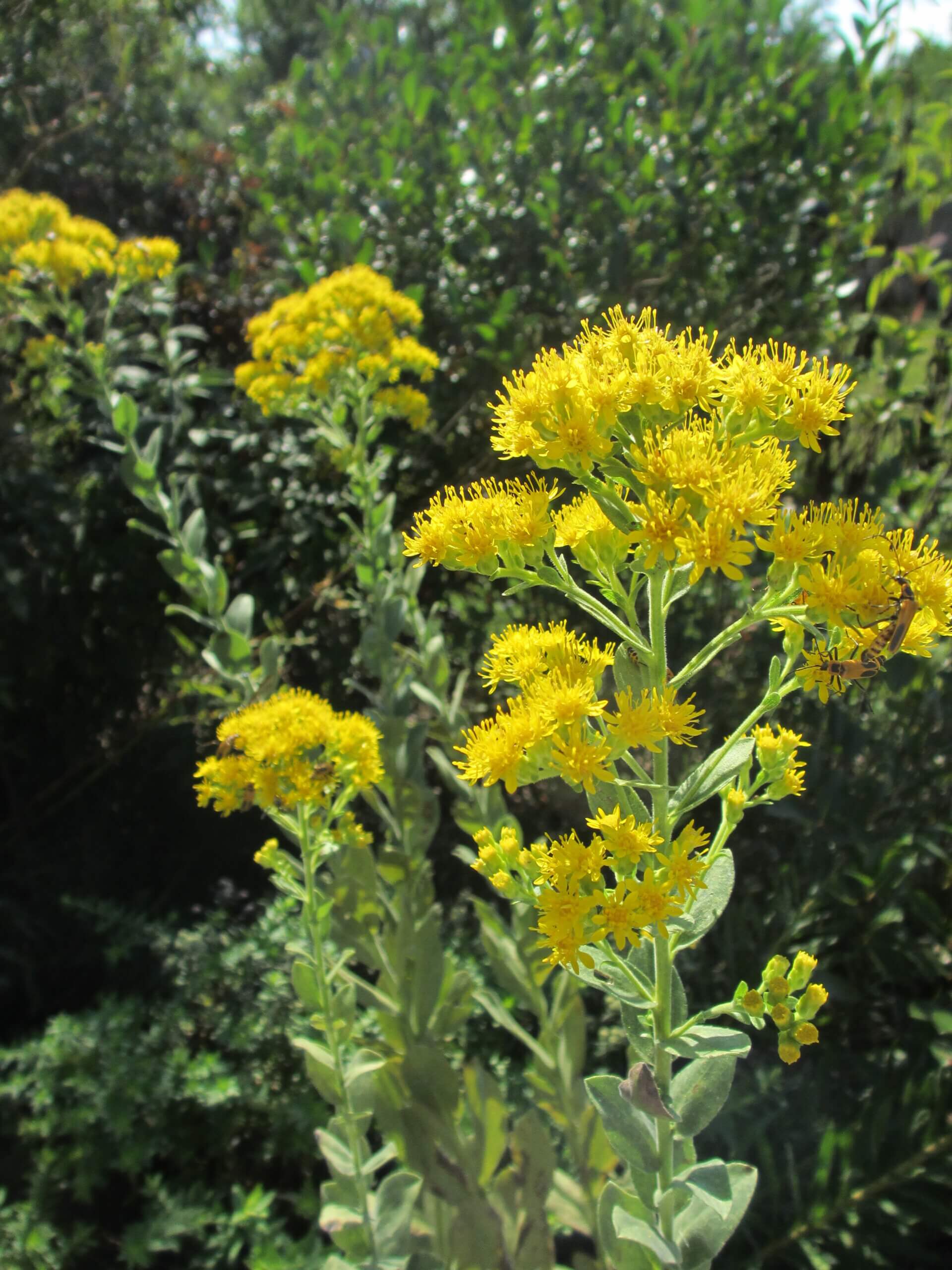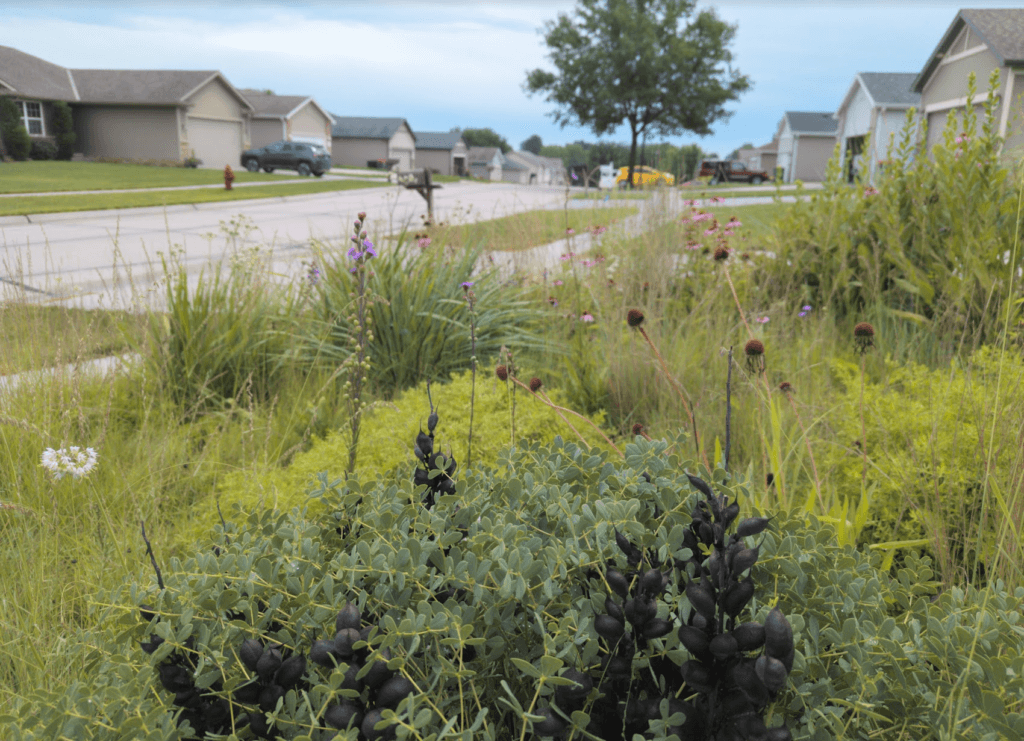
On Home Affordability, Poverty, and Unlawning America
I don’t know who that Michael Green financial analyst guy is who looked at one county in NJ to state
The other night I was reading part of a book I bought as research for my unwritten Oklahoma memoir (because I apparently like to think about 5 different projects at once). It was a collection of accounts from Native Americans who survived the 1868 Washita Massacre led by Custer on peace chief Black Kettle’s encampment along the Washita River in western Oklahoma — a massacre that happened an hour upstream from where my family homesteaded three decades later.
Returning Cheyenne who fled the event found mutilated bodies stripped naked and placed in sexually suggestive poses. I’d tell you more details but I can’t stomach it.
This level of violence hasn’t ended though. Maybe it takes on different forms at times and becomes more subtle and sinister. We live in a violent culture founded by violent means. Every luxury is given to us through a series of violent acts in a supply chain of subjugation and irreverence and supremacy.
I completed a rough draft of the new garden book’s first chapter yesterday morning, a chapter that explores what prairie is and its ecological history using this material as the basis for a lesson on garden design. But then I realize — garden design is a luxury given to us through a series of violent acts. This house I live in and land upon which I garden, the plants erased, the plants grown with fossil fuels in pots produced by fossil fuels shipped with fossil fuels extracted in sensitive and often public ecosystems sold for cheap. I don’t know how long it might take for a lush, natural garden filled with native plants to undo the damage done by our privilege, but I suspect it won’t occur in my lifetime or my son’s. If ever.
Is gardening an escape from such “dark” thoughts, something to soothe and heal our emotions and get us through? Of course. But if that’s all it is then it is an act of denial, of turning one’s head or sticking it in the sand, ultimately making gardening hollow and almost as egregious as what we do to other species and to one another.
If having our hands in the soil is to make the kind of difference we intend it to have, we need to reckon with the history and reality of what we do, where we are, and how we live. That’s not unpatriotic or destructive — it’s liberating as we sabotage the power structures that limit our compassion and strength.

I don’t know who that Michael Green financial analyst guy is who looked at one county in NJ to state

Oh that’s a cool plant, stiff goldenrod, Oligoneuron rigidum. I wonder if that would work in my garden. Maybe it’s
